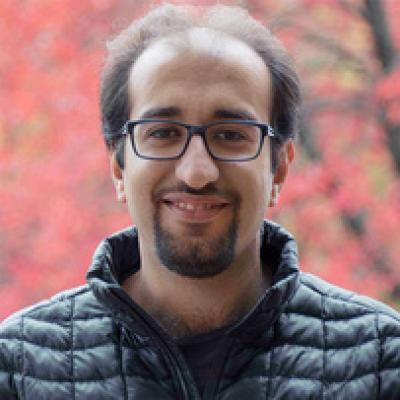CIIR Talk Series: Andrew Yates, Flexible Representations with Learned Sparse Retrieval
Content

Speaker
Andrew Yates, University of Amsterdam
Abstract
A nice property of large language models is that they use natural language for both their input and their output, allowing them to easily be applied to different tasks and combined together in arbitrary pipelines. In a similar spirit, learned sparse retrieval (LSR) provides a way to use natural language to align embedding spaces and modalities for search. In this talk, I will expand on this vision and describe some of my recent work using LSR across text and image modalities. Given that a bag-of-terms representation is not without downsides, I will also describe LSR's challenges and my recent work addressing them by improving the expressiveness of learned sparse representations for retrieval.
Bio
Andrew Yates is an Assistant Professor at the University of Amsterdam, where his research focuses on developing content-based neural ranking methods and leveraging them to improve search and downstream tasks. He has co-authored a variety of papers on neural ranking methods as well as a book on transformer-based neural methods: "Pretrained Transformers for Text Ranking: BERT and Beyond." Previously, Andrew was a post-doctoral researcher and senior researcher at the Max Planck Institute for Informatics. Andrew received his Ph.D. in Computer Science from Georgetown University, where he worked on information retrieval and extraction in the medical domain.
Subscribe to mailing list by sending an email to ciir-talks-request [at] cs [dot] umass [dot] edu (ciir-talks-request[at]cs[dot]umass[dot]edu) with "subscribe" as the email subject (without the quotation marks) for Zoom Link/Passcode notifications; or click here for Zoom link and reach out to zamani [at] cs [dot] umass [dot] edu (subject: CIIR%20Talks%20Passcode) (Hamed Zamani) for the passcode.
